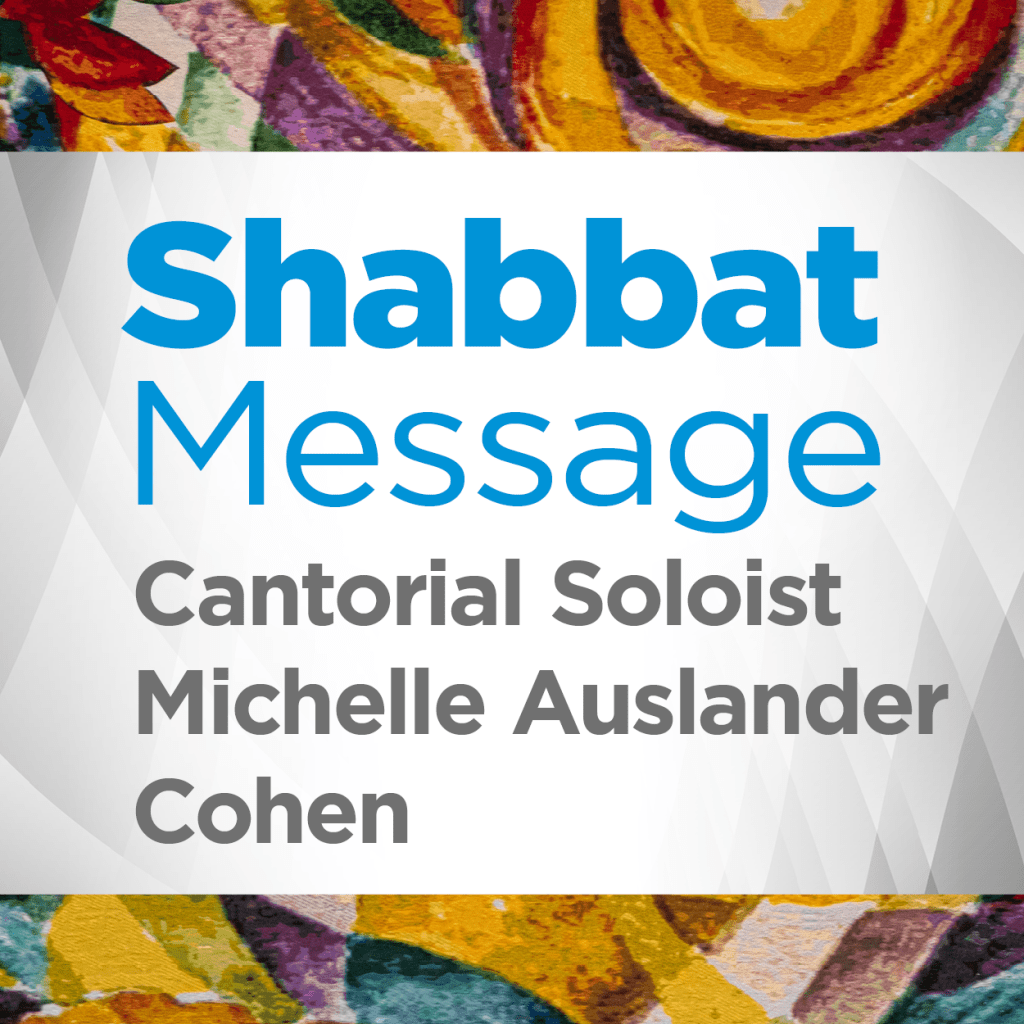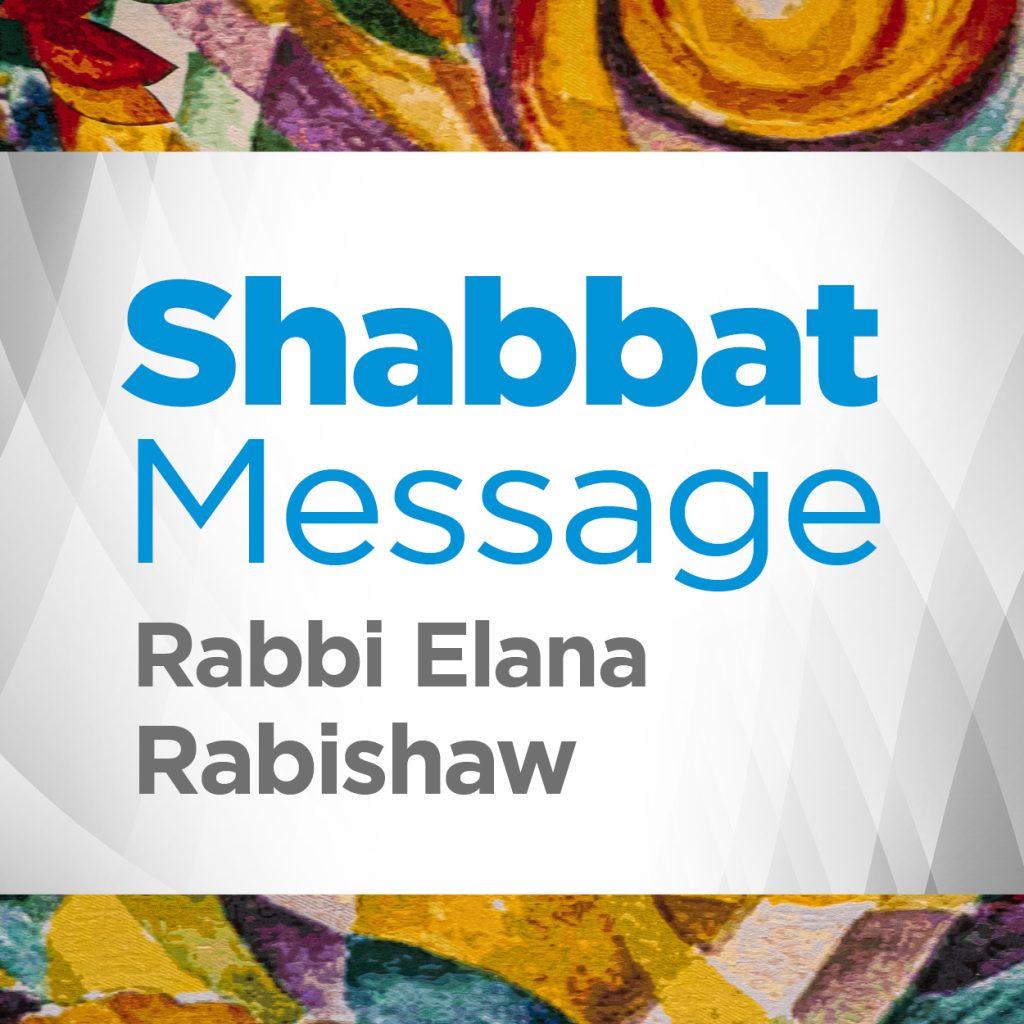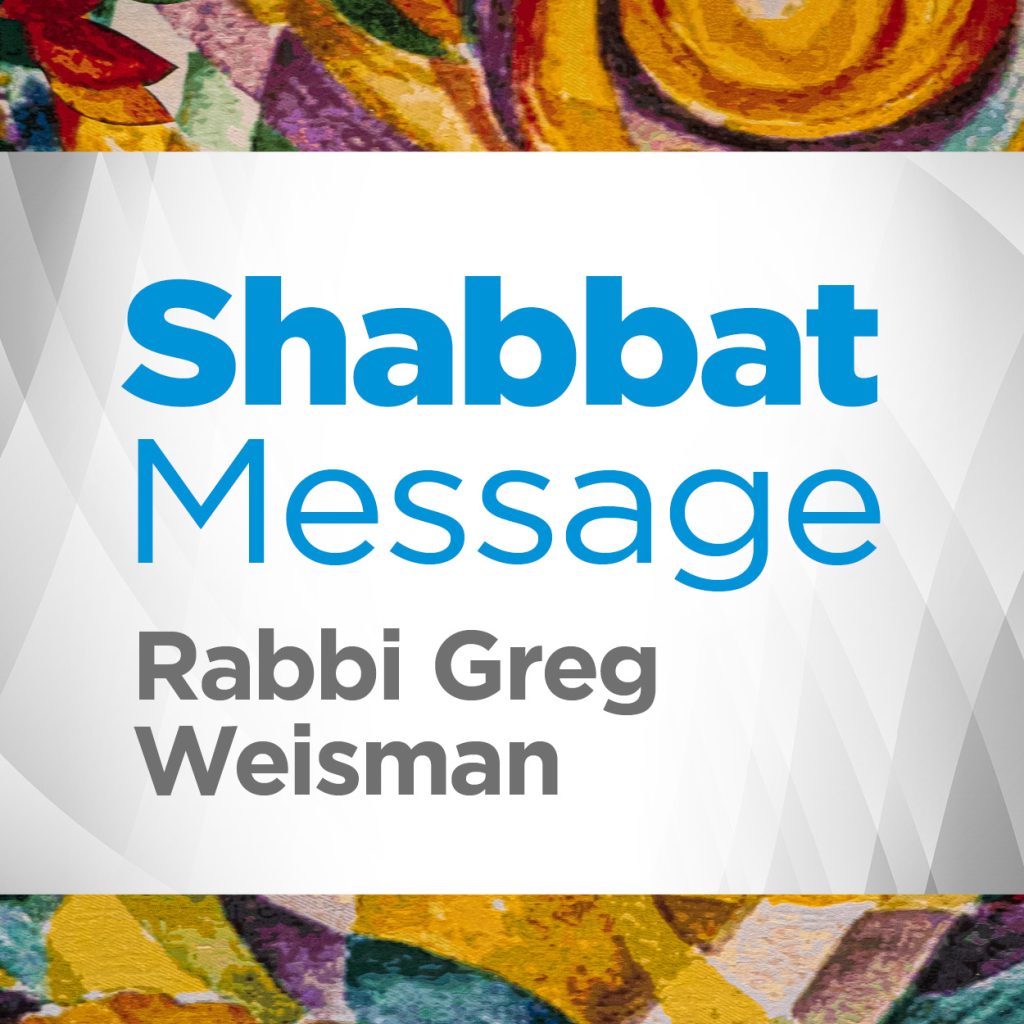Have you ever noticed that when you borrow something from a friend or family member that you tend to take care of it better than you would if it was something you owned?
For example, imagine you borrowed a diamond ring from a friend. Would you not feel an extra sense of responsibility while it was in your possession?
If you lent your car to a relative, would you not expect them to drive more carefully than you yourself might drive your car?
There is a natural human instinct to treat someone else’s valuables with more care and respect than if we own it ourselves. We do not want to be responsible for ruining something that belongs to someone else.
On a larger scale, this reminds me of a quote from Job 1:21:
“Adonai natan v’Adonai lakach…God gave, and God hath taken away”
While we often read this quote at a funeral or unveiling, I find it to be a useful daily reminder that life is temporary. It teaches us that while we each live our own lives, our lives do not belong to us. We did not have a say as to when we were brought into this world and we generally do not have much control over how we leave this world.
If we were to consider our lives as precious possessions on loan from someone else, would we, perhaps, take better care and live more fulfilled lives?
It says in the Talmud:
“The day you were born was the day God decided the universe could no longer exist without you”
Each life is a gift that God gave the world and while we live them, they come from the Holy One and return back to the Holy One; We do not own them. We live on borrowed time.
We have yet another example of this beautiful teaching in this week’s Torah portion, Bahar.
The portion begins with God’s commandment to create a year of Shabbat for the land – a process is called Sh’mita. We are taught that every seventh year, we are forbidden to work the land in Israel. God reassures us that the sixth year’s harvest will produce enough to provide for three years — until the crop of the eighth year is ready to eat. Additionally, after seven sets of seven years, there is a year of Jubilee, and the Torah explains the prohibition against selling land for perpetuity (instead, land can only be “leased” until the Jubilee year.)
“Because the Land belongs to Me; you are strangers and residents with Me.”
In the parasha, God explains we do not own the land; We are merely borrowing it. Here, we are given guidance for how to best take care of the precious resources that provide us with so much sustenance and beauty. How much better might we treat all our lands if we truly understood it was loaned to us?
We are not the only culture to have this guidance. There is a beautiful quote by Crowfoot, Chief of the Blackfeet Tribe from 1885 that says:
“As long as the sun shines and the waters flow, this land will be here to give life to men and animals…It was put here for us by the Great Spirit and we cannot sell it because it does not belong to us.”
There is great humility and gratitude inherent in approaching one’s life with the attitude that our lives and bodies are gifts, and we are gifted the privilege of being able to care for them for a short while.
If COVID has taught us anything, it is that we are not ultimately in control; our souls come from God and will return to God. But in this moment, we are creators of our own destiny with endless possibilities for what we can achieve with the gift of life we have been given.
Let’s not waste a moment of it.
Shabbat Shalom,










